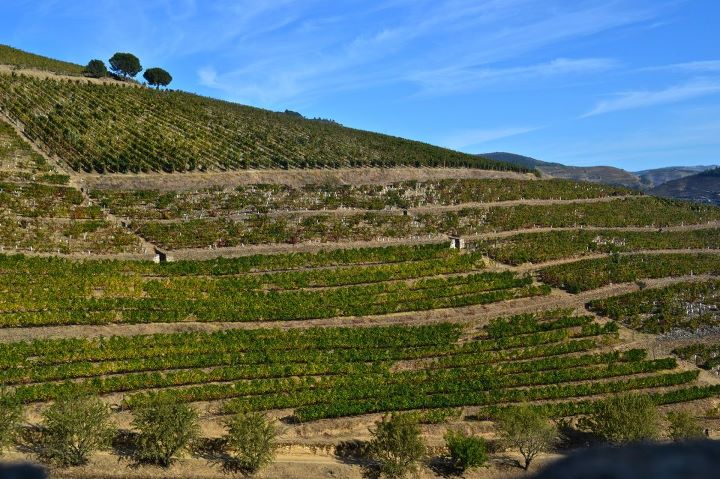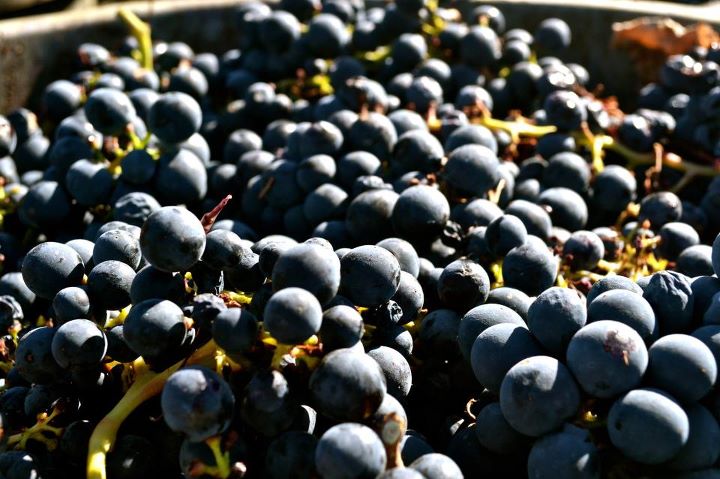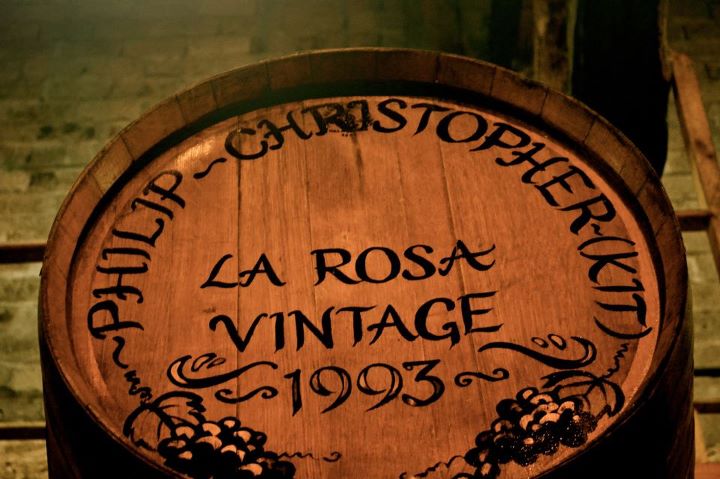The fall season is easily characterized by what is a sizable, but highly rewarding, project for many students in their second year of law school: the note writing process for law school journals. And while concerns dwindle from, “What topic should I choose?” to “Is my thesis strong enough” to “How do I properly cite this source?” the most important consideration when writing about an area with a moderate amount of scholarly resources—at least, in comparison to larger fields of law—is the type of resources to peruse throughout the writing process.

Recently, since it is the season for note writing, I received quite a few e-mails asking about my own experiences writing a note on wine and the law. I am presently in the process of editing my Note, which will be published in early 2012, and doing so allows me to reflect on the decisions I made last year with respect to my topic, the sources, and even Bluebook citation formats. As such, I realized there are more than just students, but also academics and even practitioners, who are probably also interested in learning more about researching wine and the law and, perhaps, are even publishing their own work. Accordingly, this entry serves as a guideline for some research suggestions, as well as outlines my own experiences. Whereas I am not a practitioner or an expert, nor do I claim myself to be, I thoroughly enjoyed researching and writing my note—especially because it was on a topic I was eager to learn more about—and I worked on it almost every day throughout my journal’s scheduled process.
My Experiences with the Wine Industry Prior to my Note
One of the questions I receive most frequently is about my experiences with the wine industry prior to writing my note (or pior to my blog). Whereas before this last summer, my direct experiences in the industry were limited to what I read about in books and articles, I did study hotel administration at a school in a dignified New York State wine region, notable especially for its Rieslings. I also attended many wine tastings throughout my four years at Cornell and became informed about the art of wine tasting, thanks to my specialized hospitality program. My love for wine certainly began there as I explored the various wine producers of Seneca and Cayuga Lakes. Additionally, I spent my summers exploring the wine region in the eastern portion of Long Island. Those mere exploratory ventures, however, were certainly not enough to write a note with a legal thesis on the wine industry. Without firsthand experience working at a winery, my industry vocabulary was limited; I knew wine names, but the processes and terms were unfamiliar to me. Accordingly, I consulted what I felt was the best option for me at the time to familiarize myself with the industry: academic experts who wrote about wine law or about the wine industry in general. Firsthand industry experience is certainly helpful, but is not determinative of a successful note or article on wine law.

I think what particularly attracts me to the area of wine law, aside from my absolute academic interest in the unique interaction between wine and the law, is the fact that learning about wine is a continual experience through books, articles, traveling, and tasting—whereas I certainly do know a lot more about wine in terms of production, labeling, and varieties than I did two years ago, I know I still have much to learn. (But that is what excites me!) That being said, for a student or academic interested in writing about wine and the law, the field may seem overwhelming to individuals who are not familiar with wine or the industry at all. For such persons, I highly recommend reading about wine and the industry as thoroughly as possible before tackling the legal aspects of wine; domestic and international legal issues of wine do not come naturally without an understanding of how the industry works and the histories and perspectives of wine regions (specifically, comparing the Old World and the New World). For those seeking to research the legal issues of the domestic United States wine industry, a background in constitutional law—or, at the very least, an understanding of Prohibition—is indispensable.
Background Research: Where to Start?
If you are a student in law school, you have a lot of options to pursue. I suggest scanning contemporary publications—law reviews, newspapers, even blogs—to see what was recently published before collecting any serious research and developing a topic. Even if you are not a student in law school, law journal publications may still be of strong use to you; if not, a casual Google search will certainly yield appropriate academic and policy articles on the wine industry. Before choosing a topic, understand that wine law encompasses many different areas of the law: real estate and land usage, tax, intellectual property, fraud, labor law, international trade, constitutional law (21st Amendment; direct shipping; state’s powers, etc.), environmental law, food and drug law, international trade agreements (think TRIPS and subsequent bilateral treaties), and much more. Wine law is not one topic itself; rather, it is a subset of many different areas of the law, both internationally and domestically.

Whereas wine law is a niche practice area, there are many strong publications that can be great guides for a researcher, but the specific resources will depend upon the exact topic. Law review articles, including student notes, can be both interesting and worthwhile reads to collect more information about a specific topic (hint: check footnotes!). General books on the topic (i.e. intellectual property or geographical indications) can also add substance to research, even if not keyed specifically to the wine industry. On Reserve’s Suggested Reading tab also includes some of the resources I enjoy and find very applicable to wine and the law. There are also some wonderful resources available online, depending on the country, for international wine law issues and access to particular documents and treaties.
Finally, reaching out to experts in this field—attorneys, lobbyists, writers, academics—is certainly valuable. Such individuals will not only be able to provide valuable insight and advice but may also be able to furnish alternative angles or polish an argument, as well as direct you to additional reading material and sources.
Choosing a Topic and Developing a Thesis
Perhaps the most difficult decision for some students and writers is deciding what exactly to write about. If you are not restricted to a topic, pick what interests you most, an area for which you have a natural curiosity. If you are indifferent, use the preliminary research to understand the budding legal issues in the wine industry and choose a topic that shadows current matters. Depending on where you plan to publish, different publications have different guidelines that must be followed even before drafting your article or note.
In the beginning, remaining organized is key; after developing a thesis, a skeletal outline can help plan and arrange your story and argument (however, do note that such sketches tend to change throughout the course of research). I changed my topic twice throughout the course of writing my Note, and I certainly did not have a solid thesis until I read through a number of sources and truly understood how certain legal terms and agreements worked. I found the research process completely rewarding and enjoyable, and is the reason I continue to study and blog about wine and the law.
Photographs are property of Lindsey A. Zahn.